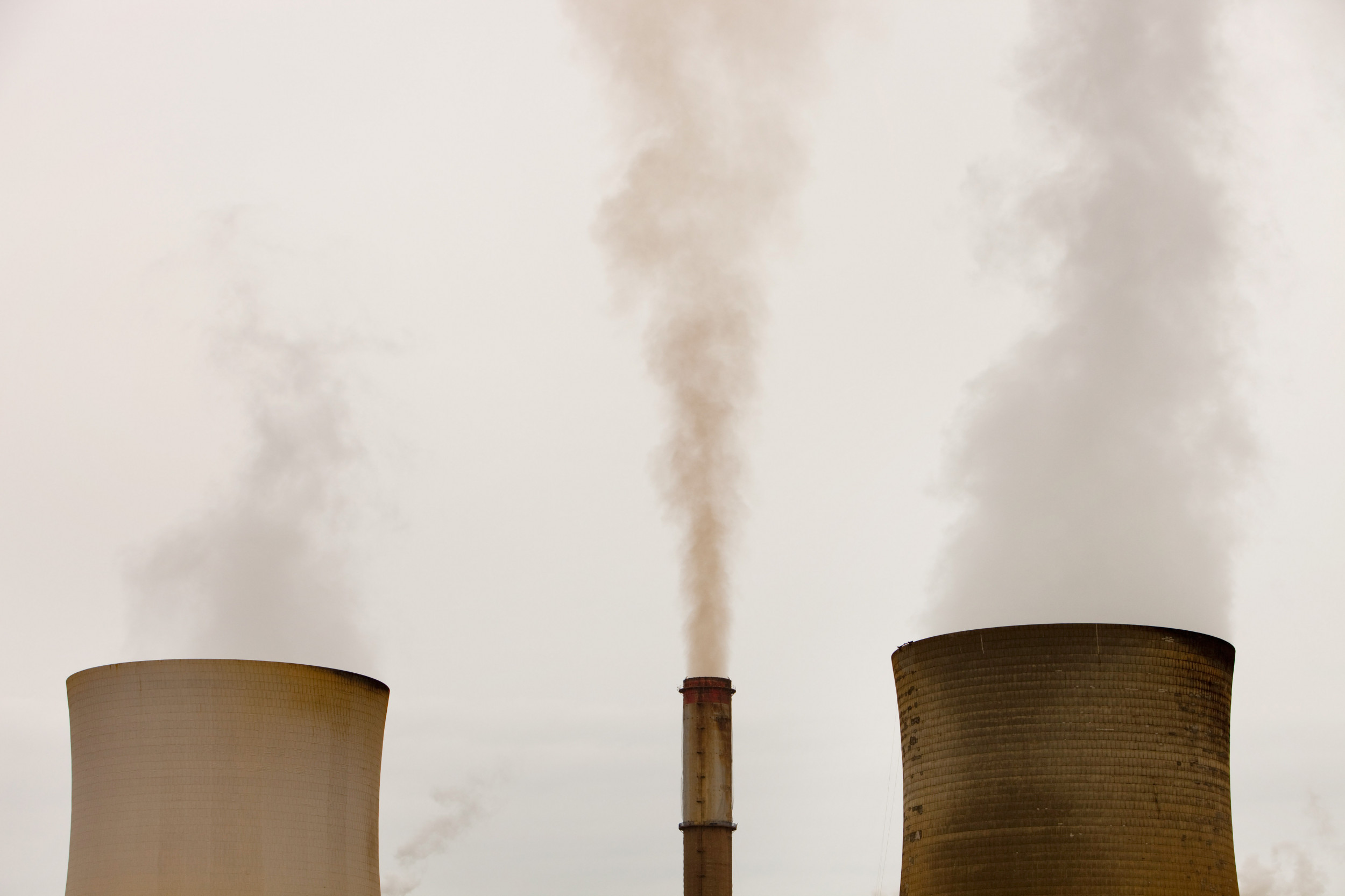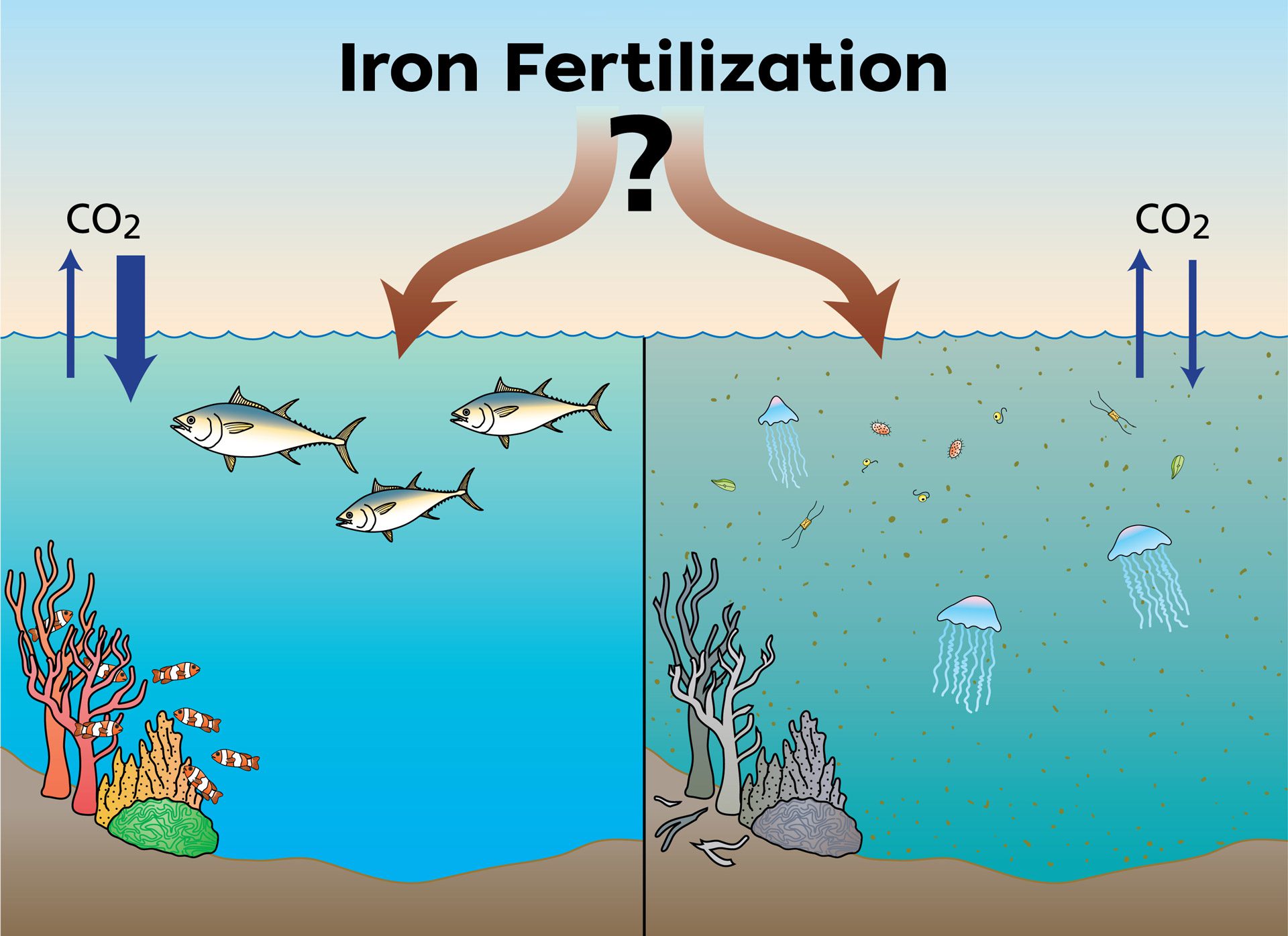Hansen is correct, and we should all take heed.
I also wish I was wrong about ecological overshoot (and the resultant global climate change).
For some time, probably the last 20 years, I've accepted that the climate is changing and that humans are causing it.
For about the last 10 years, I've accepted that it's a serious problem that we need to do something - anything - about.
For about the last 5 years, I've accepted that we're entering a dangerous period in which we might experience really difficult consequences associated with a rapidly destabilizing climate - that we're making worse all the time.
But it wasn't until about maybe a year ago that I realized just how bad the situation might be and that I've probably been significantly underestimating how dire the situation is all along.
Worse, I realize now that even the agencies and leaders who have warned us about climate change for some time haven't really done much to change the equation. We've had Montreal, Kyoto, Paris, and now annual climate conferences, and still, the amount of methane goes up relentlessly, the amount of carbon goes up relentlessly - almost exponentially.
About 1-2 years ago, I realized that we're approaching a civilization-ending event. About a year ago, within the past year, I realize we're in the middle of a mass extinction event.
And within the past 6-9 months, I realize that not only are we in the middle of a mass extinction event, we may in fact be creating the mother of all mass extinctions - an event only matched by the End-Permian extinction event (252 million years ago) and the Great Oxidation Event (2-3 billion years ago). We're literally destroying everything that makes earth habitable.
I have about a 90-95% confidence level that a significant portion of the people who are alive in 2023 will be dead by 2043. I don't mean people who are middle age, either. I mean their children and grandchildren too. I've accepted this. My hope at this point is that something is left after it all goes to shit, and that they learn the limits to human growth, and that our superior brains and intelligence may not be the perfect adaptation to our environment that we think it is.


